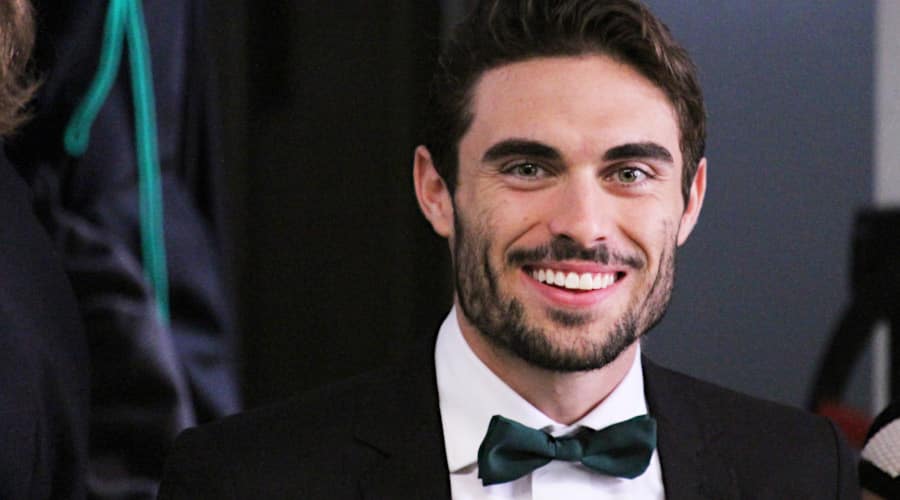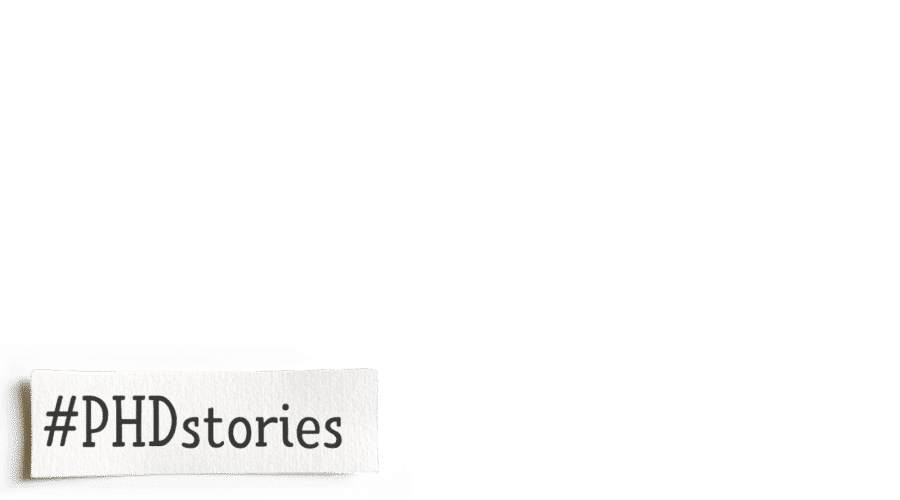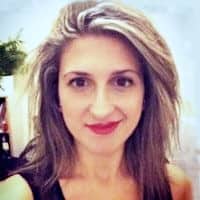#PHDstory | Francesco Decataldo


What do you do your PhD in and what is your main research topic?
My PhD project is based on the study of innovative ways to use the semiconducting polymer Poly(3,4‐ethylenedioxythiophene):polystyrene sulfonate (PEDOT:PSS) as soft and biocompatible interface between organic world (our bodies) and electronics. I currently work on three main projects: the first one is to study the use of thin film of this material in Organic Electrochemical Transistor (OECT), sensors to monitor tissue growth and the health of different kind of cells; the second one, also explores the use of OECTs but as a tool for detecting the percentage of oxygen diluted in solution (especially in cell medium) instead; finally, the third one is focused on the use of thin layer of PEDOT:PSS on gold electrodes patterned on Polydimethylsiloxane (PDMS) in order to improve their ability to directly contact and monitor the signal of a peripheral nerve in free moving animals (they are basically stretchable electrodes for monitoring neural activity). The first two projects will have many interesting application in real-time cell growth monitoring to facilitate biomedical and biological research. This is thanks to their ability to check the health status of cell and oxygen level in the cell culture media. The last project will have promising application in electriceutical treatment: instead of chemical treatment of the diseases (standard pharmacological therapy, with drugs), there could be direct monitoring and stimulation of nerve activity connected to the specific inflammatory response or illness to be treated. This could be a less toxic and a much more valid solution to treat our bodies.
How did you get interested in this particular topic? What inspires you?
I started to be interested in science when I was 15, during the science courses and classes at high school. The topic I am doing the PhD in, immediately caught my attention when Professor Beatrice Fraboni introduced me into this world. The ability to project, make and study new devices that can be used to improve human healthcare is something that really encourages me, as well as the multidisciplinary of this topics.
Tell me a bit more about your topic.
My topic is a multidisciplinary approach towards biology: chemistry, physic and electronic blended together to fill the gap between our common sensor, monitoring devices and the human body. The first topic in particular use thin film of PEDOT:PSS material, on which cells are directly grown thanks to the bio-compatibility of the conducting polymer; the transistor configuration enhances the signal response of our devices, allowing us to have a real-time monitoring able to detect cell membrane disruption in the order of tenth of seconds, so very fast! The second project is still a very fresh research topic but has already given some results about the possibility to detect small percentage of oxygen. Finally, the stretchable microelectrodes implanted on a free moving rat allowed us to monitor the signal of the peripheral nerve under study for different weeks, with low damage of the nerve.
Are yours going to be new approaches?
To the best of our knowledge, yes they are. Especially the third one (thin layer material patterned with gold) would be of great interest because many attempts have been done in the past to develop or fabricate devices able to monitor neural signal without being invasive, but none with the materials we are using. The previous attempts with conductive polymers usually were more invasive and directly penetrate in the nerve instead of being attached just from one side of the nerve itself.
What does science need the most right now?
My opinion is that science needs more followers right now: scientists of all over the world are not known at all, even if their work is amazing and they are close to win the Nobel Prize. Social media, TVs, radios and so on should talk more about scientific work and development, trying to spread the interest for science. This would bring more funding, and consequently more people working on scientific topics.
What kind of impact would you like to have in our world?
I would like to be able to develop devices (and make them available to people) that improve people’s healthcare or that could be useful for diagnosis or therapy treatment.
What makes you get out of bed in the morning? what inspires you?
The world itself is full of wonders and every day at work, school or with friends I am always increasing my knowledge and capability. The desire to improve myself and grow up is what makes me go on everyday. My colleagues. in particular. They are a source of inspiration for the struggle and passion they put in their work.
If you could change one thing in our society, what will it be?
I think it would be the selfishness/narrow-mind/scientific secret. Science is born from collaboration between scientists and from sharing ideas and interests: the possibility to talk about your own work and ask for suggestions is what brings science to high level.
What makes life meaningful?
People: family, friends, mates and colleagues.
What is your personal and professional dream?
Well, as a scientist it will be to win the Nobel Prize of course. But I would be satisfied even if I could be able to continue my scientific work, get the funding, build a research team, get the materials and consumables necessary to do research, trying to reach a good level of knowledge in order to really develop something useful for people’s health.

“I am a biochemist myself but listening to Francesco’s story I was really impressed by his multidisciplinary approach to biology. He studies chemistry, physics, and electronics all together to implement a biomedical device. Impressive. Also, I agree with his vision on what science needs more nowadays: make the people more aware, basically more marketing to non-scientific people.”

“I am a biochemist myself but listening to Francesco’s story I was really impressed by his multidisciplinary approach to biology. He studies chemistry, physics, and electronics all together to implement a biomedical device. Impressive. Also, I agree with his vision on what science needs more nowadays: make the people more aware, basically more marketing to non-scientific people.”